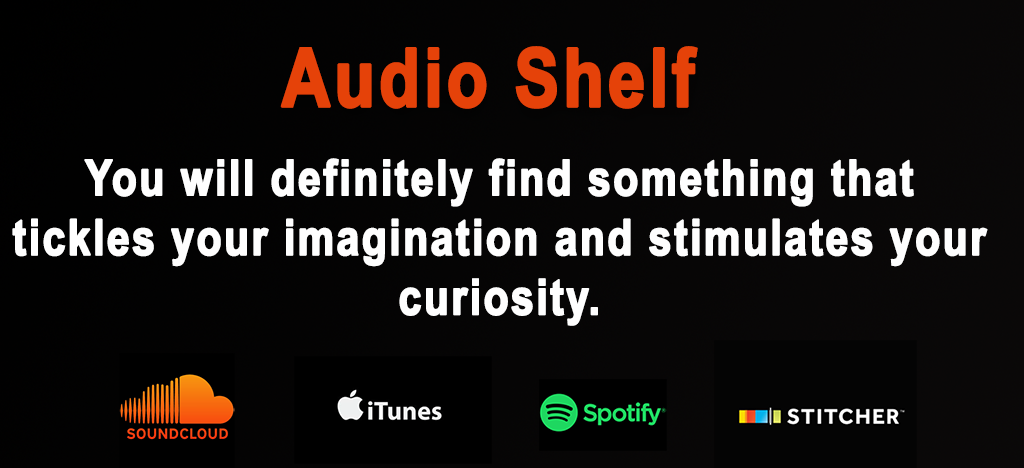“The Joy of Science” with Professor Jim Al-Khalili
Can living scientifically empower us to navigate the complexities of today’s complex and unpredictable world? Can the joy of critical thinking and the effectiveness of the scientific method assist us in making better decisions? Can living a more rational life help us navigate modern life more confidently? In his new book “The Joy of Science” acclaimed physicist Jim Al-Khalili invites readers to engage with the world as scientists have been trained to do. He shows how the fundamental principles at the heart of scientific thinking, as well as the scientific process, are profoundly relevant to the perplexing times we live in and the tough choices we make. In this episode of Bridging the Gaps, I speak with professor Jim Al-Khalili and we thoroughly discuss very interesting and deeply intriguing ideas that he presents in this book.
Professor Jim Al-Khalili is a theoretical physicist at the University of Surrey where he holds a Distinguished Chair in physics as well as a university chair in the public engagement in science. He is a prominent author, broadcaster and one of Britain’s best-known science communicators.
I start our discussion with the question that how the discipline of science should be perceived. We acknowledge that there are many ways scientific work is carried out in many different disciplines. We discuss the issue of “relative truth” and how biases held by individuals impact their opinions and distort their view and lead them to their own version of truth. We explore how science deals with the issue of relative truth. We probe how the scientific method enables us to continue researching in the presence of uncertainty. We investigate the impact of misinformation and disinformation on the disciple and cause of science. We also touch upon how rational humans can become; can we think rationally only up to certain point. We discuss in detail how scientific information should be presented to policy makers that should enable and empower them to make better decisions and to make the right choices. Finally, I ask Professor Jim Al-Khalili to tell us about his research in the field of open quantum systems. This has been a fantastic discussion.
Complement this with Asking Better Questions for Creative Problem Solving, Innovation and Effective Leadership with Hal Gregersen and then listen to On Public Communication of Science and Technology with Professor Bruce Lewenstein



Connect With Us